
It's a busy train. I have to walk through two carriages to get a seat but finally manage to insert myself next to a woman working on a laptop and opposite a bloke listening to some music. Quality headphones. Not too loud. Good.
And then, opposite, I see her - the well dressed woman with her MacBook spread across the table. She pushes it across so that it covers two table spaces rather than one. Just to make sure her territory isn't invaded, she parks her suitcase on the seat next to her. One of those overnight jobbies, with wheels. And on top of that, her coat with its faux fur trimming.
I'm guessing she's a professional who earns well. She looks smart and has clearly taken care with her appearance.
At first, I assume that as the train fills up, she'll rather begrudgingly move her case and put it with the other luggage in the (admittedly limited) space allocated to it at the end of the carriage. But no - although people are walking up and down, obviously looking for somewhere to sit, she looks out of the window and carries on regardless. By now she's got her headphones on. What kind of music do people like this listen to?
Other passengers who have tried to hog a couple of seats by laying bags or coats down next to them remove the blockages and allow others to sit next to them. But not her.
I stare at the woman. I catch her eye. She stares back at me, all passive aggressive. Does she think I'm eyeying her up? That I fancy her? You've got to be joking, love. Now she looks down and gets stuck into her work.
Don't worry, any moment now, one of the people who can't find a seat will get fed up, and just ask her to move the case so they they can sit down. I'm willing each and everyone one of them to do it. As a fellow stands in the aisle looking down the carriage, I nod in what I hope is an expressive way at the seat with the bag. He looks down embarrassed, adjusts his fly, and moves on.
Surely, someone will soon demand the space. The train is rammed. She will apologise, shift her bag, and we'll all be OK.
Except that it never happens. The great British reserve - more properly called cowardice - which prevents me from directly asking her to move her bag, is also holding back the other passengers, even those with nowhere to sit.
Eventually, somewhere south of Watford, the carriage clears. She's got away with it. Damn. I walk down to the loo. I see other single passengers who've hogged a double seat to themselves too. Yet in the vestibules I'm having to scrape past people standing.
A large extended family with maybe seven or eight members - including a girl I'd estimate at being around 9 years of age and a teenage lad - are on their feet all the way home, grouped together in the smelly passage outside the loo.
Why didn't I speak up and encourage one of them to challenge the selfish woman? Why didn't the Train Manager try and match up the loose passengers with the empty places and remind everyone over the tannoy that seats are for people not luggage. I've heard it done on other services.
Most of all, why didn't the woman herself feel a sense of shame and embarrassment at denying fellow travellers a seat they had paid for?
A growing selfishness is afoot in the public realm. I travel on the trains regularly, and hear passengers playing music and films out loud without the shield of headphones; I hear loud swearing apparently oblivious to the presence of children.
Nothing though quite riles me so much as passengers expecting first class levels of space and comfort while playing standard fare.
Next time Madam, I'll be on your case - literally.

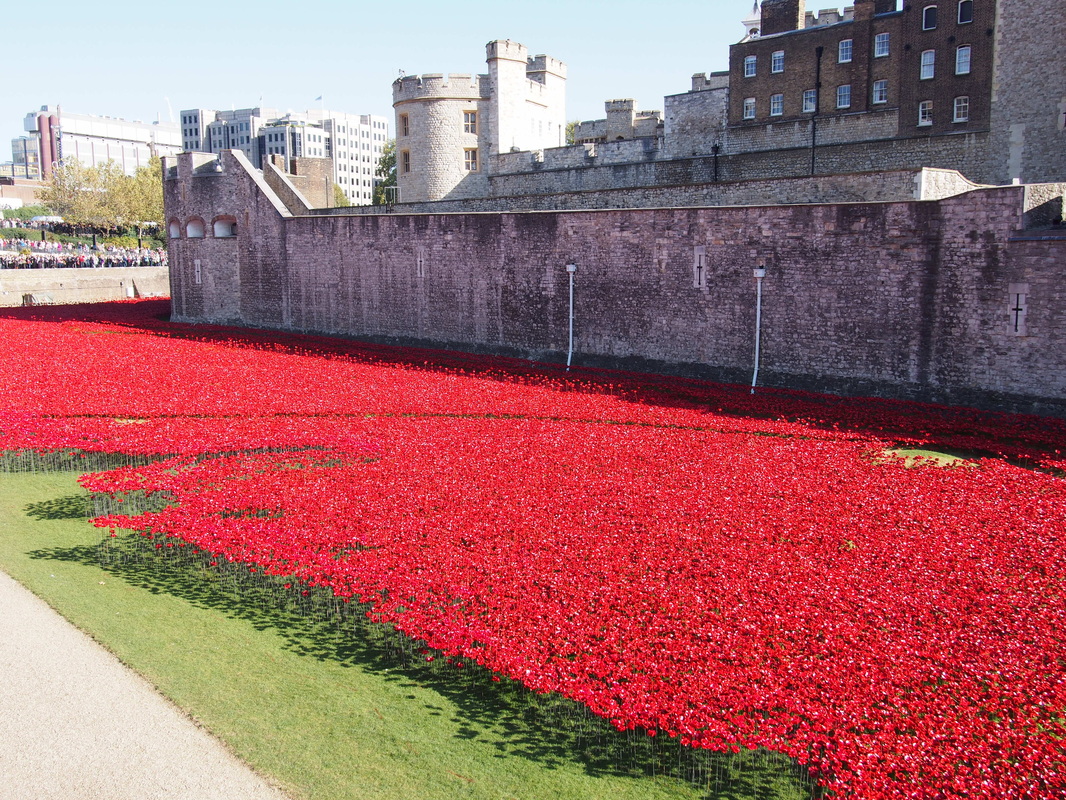


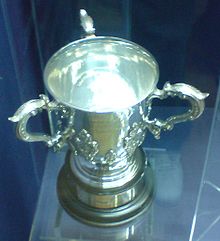
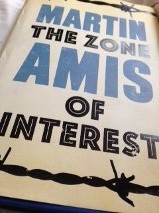
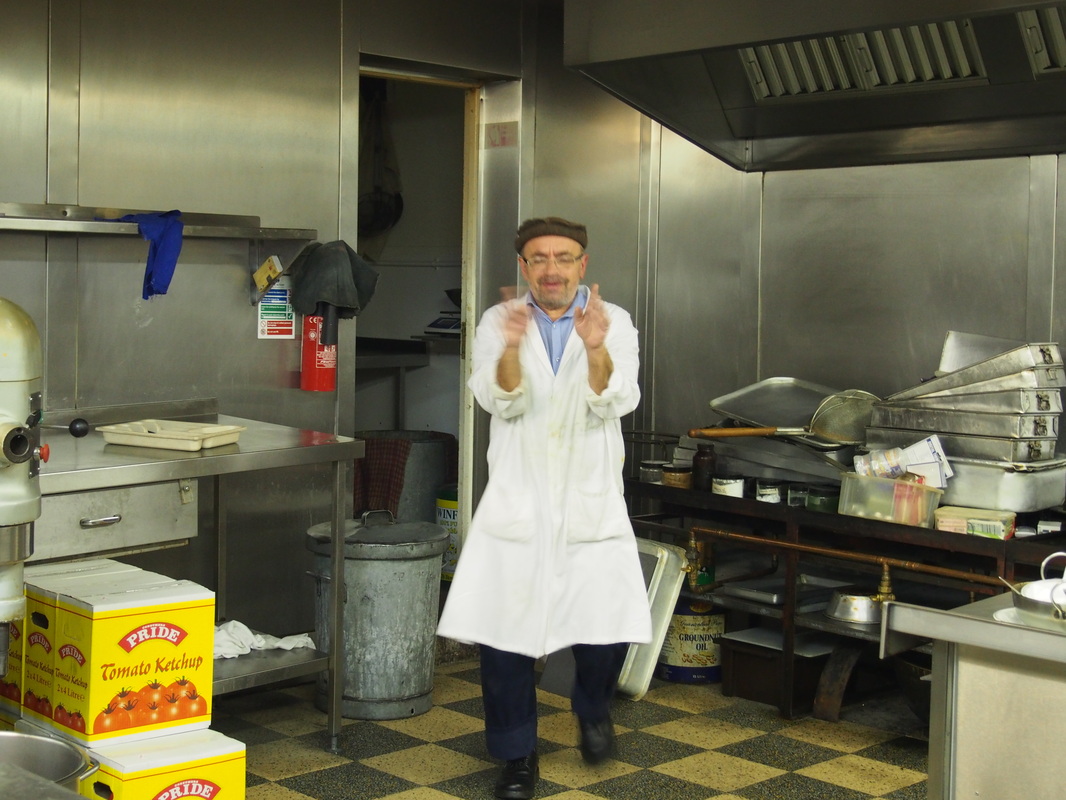
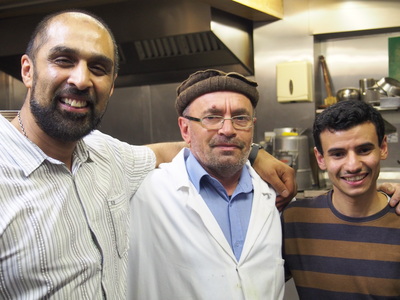
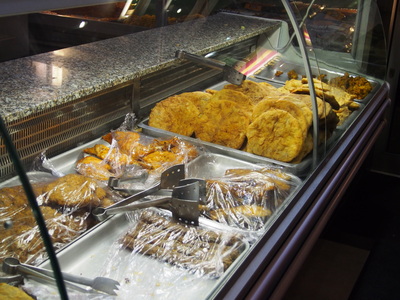

 RSS Feed
RSS Feed
